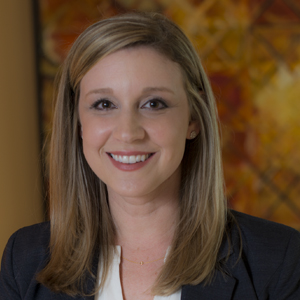In Partnership with

What are the new legal, regulatory, and compliance issues in 2022?
As a lab leader, it’s imperative that you be up to date on legal, regulatory, and compliance issues that threaten clinical laboratories and pathology groups. In 2022, numerous obstacles will hinder growth. At the same time, scheduled changes will go into effect. For example, while the No Surprises Act may seem straightforward, confusion persists over which of a laboratory’s referral sources should be of most concern for lab administrators.
Also, did you know that hospitals are asking pathology groups and pathologist-owned labs to sign expansive data security amendments? For labs, these decisions can be expensive—the ramifications impractical. It is absolutely critical to know how to respond to such ominous requests while protecting your operation from data breaches and security incidents.
To learn about persistent and new legal, regulatory, and compliance issues in 2022, purchase this recorded webinar, now available on-demand!
What you'll learn:
- What pathologists can expect from new out-of-network billing rules, plus action steps for minimizing the negative effect on practice revenues
- Lab and pathology group contracting issues to watch in 2022
- New developments with respect to EKRA, Stark, the 21st Century Cures Act, COVID-19 extensions, the PHE, and provider relief reimbursements
- Trends in payer/provider contracting and litigation
- Proactive steps for addressing increasing payer audits
- New triggers and the appropriate response for medical records requests

Expert Panel

Emily Johnson, Esq.
Member
McDonald Hopkins, LLC

Elizabeth A. Sullivan, Esq.
Member, Co-Chair National Healthcare Practice Group
McDonald Hopkins, LLC
Elizabeth Sullivan began her legal career in the Healthcare Practice Group at McDonald Hopkins and later served as an attorney in the legal department at The Cleveland Clinic Foundation before returning to McDonald Hopkins as a member. She has experience providing regulatory, licensing, compliance, reimbursement, contractual, and corporate guidance to clients, and has advised clients on state professional licensure laws, CLIA standards, state laboratory laws, government and private payor reimbursement policies and billing rules, federal and state fraud and abuse rules and regulations, state telehealth laws, and HIPAA rules and regulations. Liz is also experienced in reviewing and negotiating relevant contractual and legal documentation in connection with contemplated business arrangements. She earned a J.D. and Certificate of Advanced Studies in Health Law from the University of Pittsburgh School of Law, an M.A. in Bioethics and a B.A., cum laude, in Political Science from Case Western Reserve University.

Richard S. Cooper, Esq.
Member
McDonald Hopkins, LLC

Who should watch?
- Independent and hospital clinical laboratory managers, directors, and senior leadership
- Hospital and health system lab leaders
- Anatomic pathology managers and administrators
- Compliance officers
- Billing and finance executives
- VP/Directors of Revenue Cycle
- Other laboratory administrators

